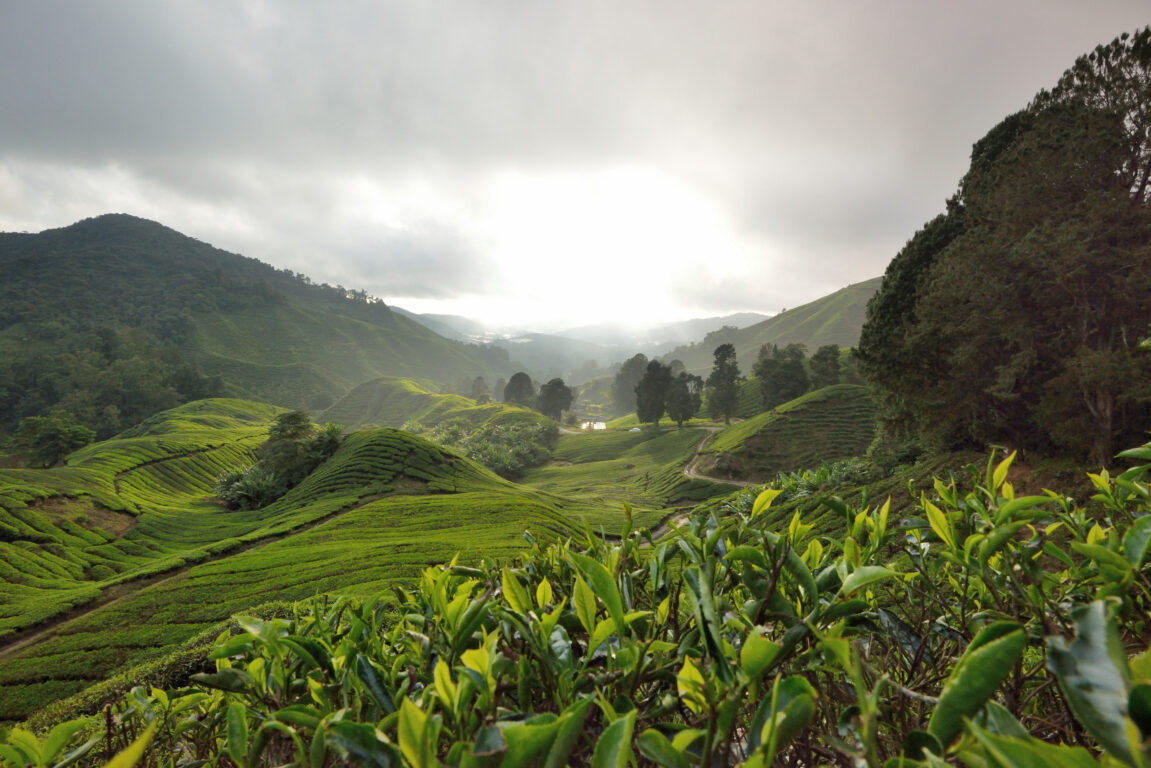The Hopes and Dreams of KEPSA’s Green Supplement

The Kenya Private Sector Alliance (KEPSA) participated in a workshop on the Green Supplement to the National AfCFTA Implementation Strategy and Action Plan for Kenya. The Ministry of Trade organised the workshop in collaboration with the United Nations Economic Commission of Africa and the Ministry of Foreign Affairs of Denmark. The workshop was to validate the draft Green Supplement. The Supplement aims to create opportunities for green intra-African trade and climate adaptations in the tea and coffee sector. It is intended to be a guide for sustainable practices, promotion of climate resilience, and trade to be aligned with the environmental goals of AfCFTA.
The Supplement acknowledges that tea and coffee are key contributors to Kenya’s economy, with tea taking about 23% of Kenya’s GDP and indirectly supporting about 650,000 farmers and five million people. Coffee is a leading foreign exchange earner, though its production is on a small scale, with farmers making up about 60% of the sector. The change in climate in recent years has caused a decrease in yield and increased incidences of pests and diseases. Moreover, farmers have stated that there is quality degeneration due to extreme weather conditions such as drought, floods, and erratic rainfall. These impacts have necessitated immediate climate adaptation and mitigation actions to safeguard the sustainability of these critical sectors.
The draft document provides a detailed overview of the Supplement’s objectives, some of which include creating green trade opportunities and regulations aligned with green standards and sectoral climate adaptation needs.
Climate change impact on coffee and tea production
Tea production is an all-year-round activity. The optimum conditions for tea production include higher altitudes between 1,500 metres to about 2,700 metres above sea level, tropical volcanic red soils, 1140mm-1400mm well-distributed rainfall, and a range of temperature between 140c-300c. On the other hand, coffee does well in temperatures ranging from 150c to 240c and average rainfall ranging from 900mm–1200mm. Changes in temperature above this affect photosynthesis and may cause coffee trees to dry up. Generally, coffee trees need about three months of dry weather followed by rain to flower.
Climate change risks pose a threat to agricultural production and, by extension, the Kenyan economy and the livelihood of farmers and manufacturers within the coffee and tea industry. Abnormally high temperatures during the daytime and extended dry seasons and abnormally cold temperatures at night and extended cold seasons cause increased occurrence of pest attacks and diseases that have been active in the past. Regular and prolonged droughts reduce the quality and quantity of tea produced. Heavy rains and landslides cause soil erosion and reduce farmers’ accessibility to local markets and soil quality. Frosts and hail in areas not previously affected, kill bushes, reducing the quality of tea, and the overall unpredictability due to the changing seasons create challenges in farming management by affecting overall planning.
The impacts of climate change on the coffee sector include the loss of suitable areas for coffee production, subsequently leading to shifting to higher altitudes, increased water stress, poor flowering and cherry development, more outbreaks of pests and diseases, and greater vulnerability of smallholder and women farmers. The report by Kenya Coffee Research Foundation indicates that prolonged droughts and unpredictable rainfall are causing sub-optimal flowering of coffee trees and drying of cherries due to high temperatures (AFA, 2024). This study finds that intermittent rains and extended drought periods lead to late maturity of berries that find wet mills closed, forcing the farmers to sell it ‘mbuni’, which fetches low prices.
The impact extends beyond just farmers to include processors, traders, and exporters. Processors in these regions, such as those in Kiambu, are facing quality degradation of coffee beans and increased post-harvest losses due to climatic stress. Traders in rural areas like Nandi and Murang’a encounter fluctuations in supply that affect market stability and increase transportation costs due to climate-related disruptions. Exporters across these regions are dealing with variability in export quality and quantity and higher certification costs for climate resilience.
Possible mitigation factors
In the coffee sector, climate change mitigation often refers to measures to reduce greenhouse gases to help protect the climate and generate carbon credits, targeting all value chain actors, from producer to consumer. Climate change adaptation typically consists of technical solutions to adapt coffee production and processing to climate changes. In 2024, the government launched a coffee and development and marketing strategy that is set to observe the increasing impact of climate change and environmental degradation that poses enormous risks to the coffee sector, which is a key strategic issue with a consequent strategic objective of increasing its resilience and adaptability.
The Nairobi Declaration identifies and commits to three key climate change actions: the expansion of energy transitions and renewable energy generation for industrial activity, climate-smart and restorative agricultural practices, and essential protection and enhancement of nature and biodiversity and providing the political foundation tackling climate change effects in both coffee and tea production. The National Climate Change Response Strategy (NCCRS) has provided a broad framework for climate change adaptation and mitigation, while the Agricultural Sector Transformation and Growth Strategy (ASTGS) takes an evidence-based approach, with a sharp focus on implementation and delivery with the counties at the centre.
It is expected that the final Supplement will contain measures that require industry players to make efficient use of resources, prevent pollution, employ waste minimisation mechanisms, and adopt renewable energy sources. It is also an expectation that the Green Supplement will make provisions for requirements for afforestation. Not only meeting green standards but also ensuring that key industry players meet the qualifications to continue their trade commitments with their European Union (EU) counterparts. This is off the premise that the EU is set to ban any trade and products from countries that cannot prove that their product does not result from deforested areas.

